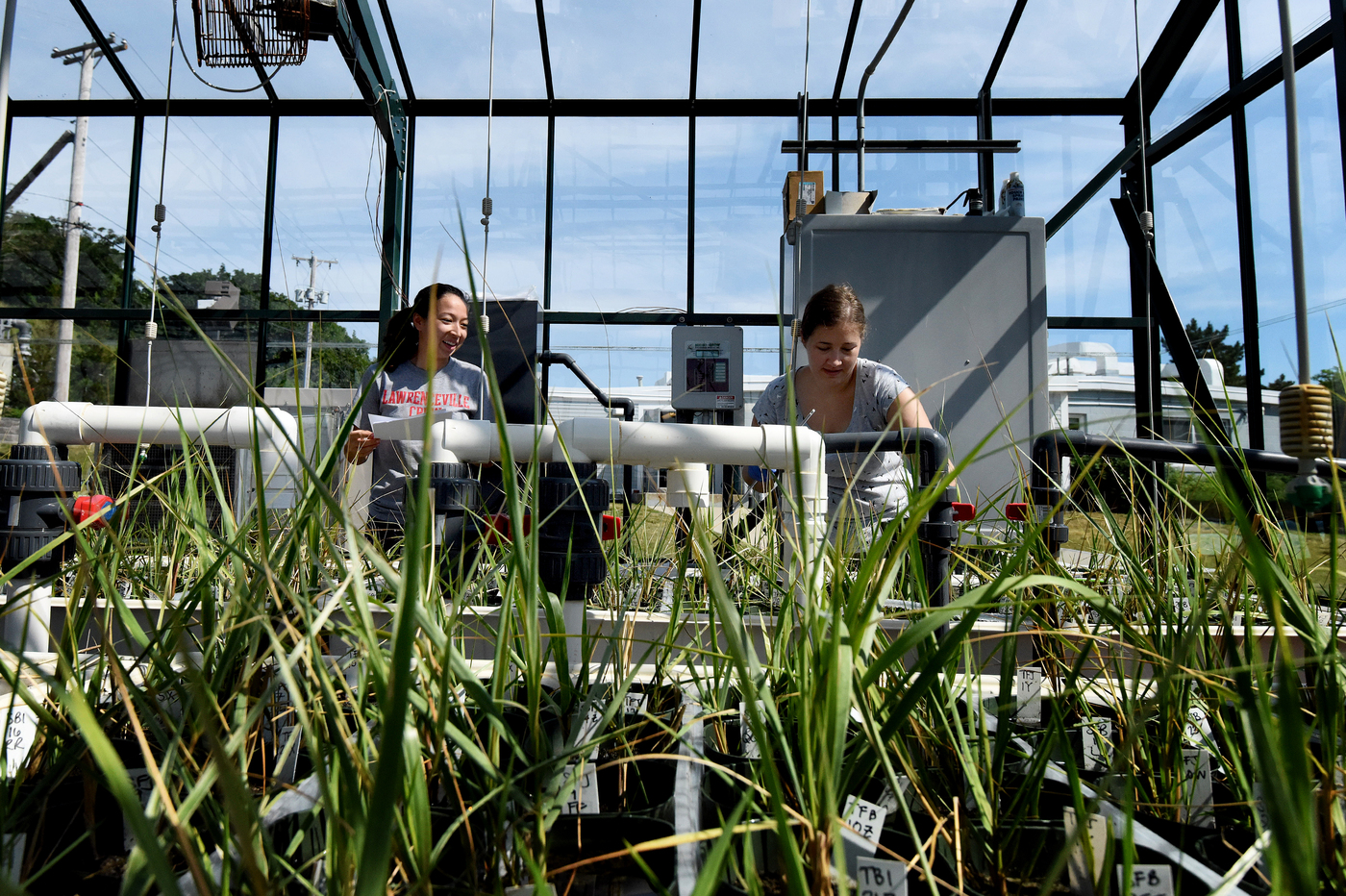When it comes to environmental issues, there has always been a lot to learn and a lot of potential for action. Scientific understanding of ozone depletion led to the banning of CFCs. Climate research has helped us to understand the contributions of fossil fuel burning and greenhouse gas emissions to global warming.
But as Professor Jon Grabowski states, “Given all that knowledge, strong science, and agreement among climate scientists, why has it been so challenging to enact effective policy, why are we walking away from important decisions like the Paris Accord?”
Northeastern has recognized the societal need to train environmental professionals that can connect the science with the policy. Northeastern’s new Master’s program in Environmental Science and Policy is designed for students interested in gaining expertise that integrates science and policy. Developed by Geoff Trussell and Steve Vallas, and Co-directed by Jonathan Grabowski and Jennie Stephens, the Master’s in Environmental Science and Policy is a joint program between Northeastern’s College of Science and the College of Social Sciences and Humanities.
Grabowski is the Associate Professor and Associate Director of Northeastern’s Marine Science Center, and Stephens is the Dean’s Professor of Sustainability Science and Policy for Northeastern’s School of Public Policy and Urban Affairs.

Associate Professor and Associate Director of Northeastern’s Marine Science Center Jonathan Grabowski.
“This exciting new interdisciplinary program prepares environmental professionals for dynamic opportunities focused on the science and policy of sustainability and resilience,” said Stephens.
Designed to be an integration between science and policy, the program provides students with opportunities to understand the science-policy interface through seminars, case studies, experiential learning, and skills-based courses in areas like statistics, geographic information systems (GIS), and quantitative methods. Students will be able to choose from a variety of electives to fit their specializations, with courses on environmental health, coastal sustainability, energy and infrastructure, and many more.
“There is a lot of potential to gain general knowledge, but also hopefully very practical skills that can serve students in their future jobs,” said Grabowski.
Many of the faculty involved in this program come from interdisciplinary backgrounds and will rely on a wide array of current events to help connect key concepts with today’s world.
“Our teaching faculty within the program are fundamentally steeped in both disciplines,” Grabowski said. “We’re building this from the ground up as extremely interdisciplinary, as we recognize that solving most environmental problems requires expertise in both of these core areas.”
Open to enrollment starting for Fall 2018, the Master’s in Environmental Science and Policy will be able to prepare students for many careers that integrate science and policy. Students will become experts in environmental science issues and could continue into PhD programs for relevant research, at research NGOs, or in the government. Others may be interested in getting involved in the front lines of policy at local, state, and federal levels. Further, there are opportunities for science communication, working as environmental science experts in an outreach position to communicate essential research to the general public.
Grabowski is thrilled to see this program launching after working with Trussell and Vallas to help them create and develop it.
Stephens agrees. “Integrating science and policy is increasingly important in environmentally-oriented careers,” she said. “We expect this program will serve a growing need for environmental professionals.”
“I’m excited to work with students and,” he said. “It’s extremely rewarding to work with Master’s and PhD students, and help prepare them to go off to bigger and better things.”
For more information on the program and its degree requirements, visit their website, or contact Dr. Jonathan Grabowski or Dr. Jennie Stephens.

